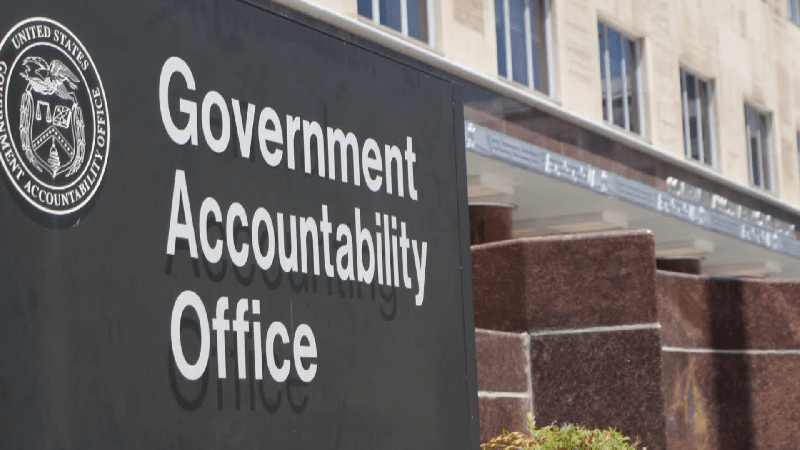
The Government Accountability Office (GAO) is readying to roll out an expanded deployment of its large language model (LLM) Galileo while fully transitioning to the cloud before the end of the year.
Beth Killoran, chief information officer at GAO, said that the complete move to the cloud will happen before December. It comes as the agency – which acts as Congress’s investigative arm – is rationalizing and re-platforming its systems as part of its modernization efforts.
“We’re going to re-platform and figure out which and where it goes,” said Killoran while speaking at ATARC’s Public Sector Application Modernization Summit on Thursday.
The move, she explained, is to consolidate dozens of redundant, custom-built apps onto three core systems – Microsoft Power Platform, ServiceNow, and SharePoint – so that GAO can cut costs, reduce complexity, and fully leverage tools it’s already paying for.
For example, the review will evaluate GAO’s 65 applications – 29 of which are used for human resources and onboarding – and cut those that don’t get full use, Killoran said.
Part of that shift also includes expanding the use of the agency’s artificial intelligence system named Galileo, which was released in 2023 to help internal processes. That system “will be at the core” of what the agency does, Killoran said.
“The reason we had to build our own [AI] and not use a lot of the products that a lot of you probably have and are using is because we have accounting standards and audit standards,” she explained.
“So, we have developed it, we’ve been feeding it all of our audit reports, we’re making sure that it’s giving us the same answers that we would [get] from our human beings, and have pretty high success in getting ready to expand the deployment of that,” Killoran continued.
Another big change the agency is making is deploying a case management system to help track audit requests from Congress.
“Every time Congress comes to us and says, ‘I need you to figure out what’s happening with this program,’ that’s a case for us, and it goes through a very methodical process of designing how we’re going to do the audit, how we’re actually going to gather evidence, how we’re actually going to conduct our analysis, and how we’re going to report our findings,” said Killoran, explaining that the new system will help with that process.
